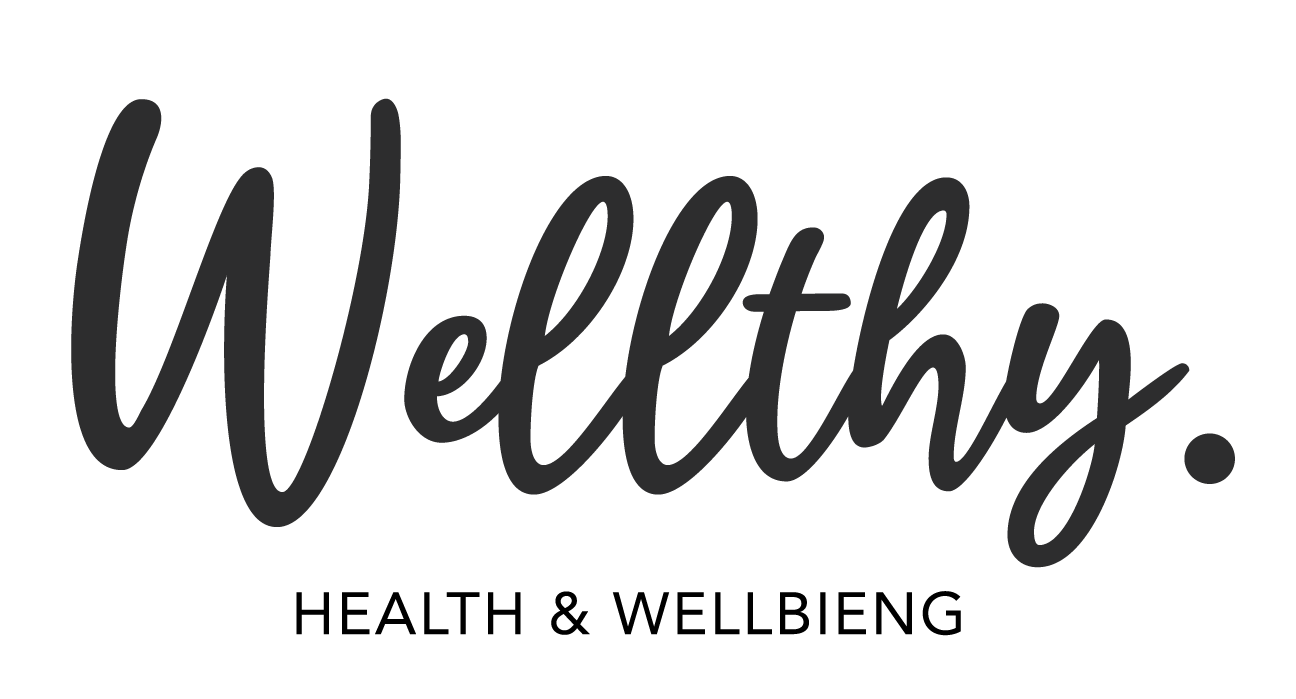Mindfulness meditation has gained widespread recognition for its profound benefits in promoting mental well-being and emotional balance. For beginners looking to embark on their mindfulness journey, understanding the best mindfulness meditation practices for beginners is key to establishing a strong foundation for sustained practice and personal growth. In this comprehensive guide, we will explore essential techniques, tips for consistency, and resources to support beginners in cultivating mindfulness in their daily lives. Whether you are new to meditation or seeking to deepen your practice, this guide will empower you to embrace mindfulness with confidence and clarity.
Benefits of Mindfulness Meditation for Beginners
Improved Focus and Concentration
Mindfulness meditation practices help beginners enhance their focus and concentration by training the mind to stay present in the moment. This skill can translate into improved productivity and efficiency in daily tasks.
Stress Reduction and Relaxation
Engaging in mindfulness meditation can significantly reduce stress levels among beginners. By learning to observe their thoughts without judgment, individuals can cultivate a sense of calm and relaxation, promoting overall well-being.
Increased Self-Awareness and Emotional Regulation
Practicing mindfulness meditation allows beginners to develop a greater sense of self-awareness. By becoming more attuned to their thoughts, emotions, and bodily sensations, individuals can better regulate their reactions and responses to various situations.
Benefits Recap:
-
Enhanced focus and concentration
-
Stress reduction and relaxation
-
Improved self-awareness and emotional regulation
For more information on the benefits of mindfulness meditation for beginners, you can explore resources such as the Mindful website here.
Setting the Right Environment for Mindfulness Meditation Practice
Choosing a Quiet and Comfortable Space
For beginners embarking on mindfulness meditation practices, selecting a serene and comfortable environment is crucial. Opt for a space free of distractions, where you can easily focus on your practice without interruptions.
Using Calming Elements like Candles or Essential Oils
Incorporating soothing elements such as candles, dim lighting, or essential oils can enhance the ambiance of your meditation space. These sensory additions can help cultivate a relaxing atmosphere conducive to mindfulness.
Eliminating Distractions
Ensure your meditation area is free from potential distractions such as electronic devices, loud noises, or clutter. Minimizing external disturbances can aid beginners in maintaining a deep state of focus during their meditation sessions.
Key Points to Remember:
-
Choose a quiet and comfortable space
-
Incorporate calming elements like candles or essential oils
-
Eliminate distractions for a focused practice
For additional tips on creating the ideal environment for mindfulness meditation, you can refer to resources from reputable companies like Headspace here.
Basic Mindfulness Meditation Techniques for Beginners
Deep Breathing Exercises
One of the foundational mindfulness meditation practices for beginners is deep breathing. Start by focusing on your breath, inhaling deeply through your nose, holding briefly, and exhaling slowly through your mouth. Repeat this process to center your attention and calm the mind.
Body Scan Meditation
Body scan meditation involves systematically directing your attention to different parts of your body, starting from your toes and moving upward. Beginners can practice this technique to cultivate body awareness, release tension, and promote relaxation.
Loving-Kindness Meditation
Loving-kindness meditation, also known as Metta meditation, focuses on sending compassion and positive intentions to oneself and others. Beginners can begin by reciting phrases of well-wishes for themselves, loved ones, acquaintances, and even individuals they may have challenges with.
Essential Techniques to Start With:
-
Practice deep breathing exercises
-
Engage in body scan meditation for body awareness
-
Explore loving-kindness meditation for cultivating compassion
For further guidance on basic mindfulness meditation techniques, reputable companies like Calm offer resources that can support beginners in their practice here.
Tips for Maintaining Consistency in Your Practice
Setting a Regular Schedule
Establishing a consistent meditation schedule is essential for beginners to build a sustainable practice. Set aside dedicated time each day for mindfulness meditation, whether it's in the morning, during lunch break, or before bedtime.
Starting with Short Sessions and Gradually Increasing
For beginners, it's beneficial to start with shorter meditation sessions, such as 5 to 10 minutes, and gradually increase the duration as you become more comfortable with the practice. Building endurance over time can lead to deeper and more meaningful meditation experiences.
Finding Accountability Partners or Online Communities
Connecting with others who share an interest in mindfulness meditation can help beginners stay motivated and accountable. Consider joining online meditation groups, participating in local classes, or partnering with a friend to support each other's meditation journey.
Key Tips for Consistency:
-
Establish a regular meditation schedule
-
Begin with short sessions and progress gradually
-
Engage with accountability partners or online communities for support
To explore additional tips for maintaining a consistent mindfulness meditation practice, resources from well-known companies like Insight Timer offer valuable insights and tools here.
Overcoming Common Challenges in Mindfulness Meditation
Dealing with Racing Thoughts and Distractions
Beginners often face challenges with racing thoughts and distractions during meditation. One effective strategy is to acknowledge these thoughts without judgment and gently guide your focus back to your breath or chosen point of concentration.
Managing Discomfort or Restlessness
Feelings of discomfort or restlessness can arise during meditation sessions, especially for beginners. It's important to practice self-compassion and understand that these sensations are temporary. Experiment with adjusting your posture or taking deep breaths to ease physical discomfort.
Understanding That Progress Takes Time
Patience is key when it comes to mindfulness meditation. Beginners should recognize that progress in meditation is a gradual process that requires consistent practice. Embrace each session as an opportunity to learn and grow, regardless of any perceived setbacks.
Effective Ways to Address Challenges:
-
Acknowledge racing thoughts and distractions with non-judgment
-
Manage discomfort through self-compassion and physical adjustments
-
Embrace patience and understand that progress unfolds over time
For additional insights on overcoming challenges in mindfulness meditation, reputable sources like UCLA Mindful Awareness Research Center provide resources and guidance to support beginners in their practice here.
Expanding Your Practice: Exploring Advanced Mindfulness Meditation Techniques
Visualization Meditation
Visualization meditation involves creating mental images or scenarios to focus the mind and promote relaxation. Advanced practitioners can visualize peaceful settings, positive affirmations, or desired outcomes to enhance their meditation experience and manifestation practices.
Walking Meditation
Walking meditation is a dynamic mindfulness practice where individuals walk slowly and deliberately, paying close attention to each step and breath. This technique can deepen awareness of body movements and sensations, making it a beneficial practice for advanced meditators seeking to integrate mindfulness into motion.
Mantra Meditation
Mantra meditation utilizes repeating sacred sounds, words, or phrases to center the mind and cultivate focus. Advanced practitioners can choose a mantra that resonates with them and recite it silently or aloud during meditation sessions to deepen concentration and spiritual connection.
Exploring Advanced Techniques:
-
Engage in visualization meditation for mental focus and relaxation
-
Practice walking meditation to integrate mindfulness into movement
-
Incorporate mantra meditation to enhance concentration and spiritual practice
For further exploration of advanced mindfulness meditation techniques, companies like Gaia offer a variety of resources and courses to support practitioners in their journey toward deeper mindfulness practices here.
Integrating Mindfulness into Everyday Life as a Beginner
Applying Mindfulness to Daily Activities
Beginners can enhance their mindfulness practice by integrating it into everyday activities such as eating, walking, or washing dishes. Engage fully in each task, focusing on senses, movements, and emotions to cultivate present moment awareness and appreciation.
Handling Stressful Situations Mindfully
When faced with challenging or stressful situations, beginners can apply mindfulness techniques to respond skillfully rather than react impulsively. Practice deep breathing, body scans, or brief meditation moments to center yourself and approach difficulties with clarity and calmness.
Cultivating a Sense of Gratitude Through Mindfulness
Mindfulness can help beginners develop a sense of gratitude by acknowledging and appreciating the present moment and the blessings in their lives. Practicing gratitude meditation or journaling can foster a positive mindset and increase overall well-being.
Practical Ways to Integrate Mindfulness:
-
Apply mindfulness to daily routines and activities
-
Use mindfulness techniques to respond to stress with composure
-
Foster gratitude through mindful awareness and practices
For additional guidance on integrating mindfulness into daily life as a beginner, resources from renowned companies like Mindful offer valuable insights and tips to support individuals in applying mindfulness beyond formal practice sessions here.
Resources for Further Learning and Practice
Recommended Books and Podcasts on Mindfulness
There are numerous valuable resources available for beginners looking to deepen their understanding and practice of mindfulness meditation. Books like "The Miracle of Mindfulness" by Thich Nhat Hanh and podcasts such as "The Mindful Minute" by Meryl Arnett offer insightful teachings and guided practices to support your mindfulness journey.
Online Courses and Workshops
For individuals seeking structured learning experiences, online courses and workshops provide an interactive platform to enhance mindfulness skills. Platforms like Mindful Schools and Mindfulness-Based Stress Reduction (MBSR) programs offer comprehensive training led by experienced instructors to guide beginners in developing a consistent practice.
Local Mindfulness Meditation Groups and Retreats
Joining local mindfulness meditation groups or attending retreats can provide a supportive community for beginners to connect, learn, and deepen their practice. These gatherings offer opportunities for group meditation sessions, teachings from seasoned practitioners, and immersive experiences to refine mindfulness techniques.
Exploring Further Resources:
-
Dive into recommended books and podcasts for mindfulness insights
-
Enroll in online courses and workshops for structured learning
-
Connect with local meditation groups and retreats for community support
For a comprehensive collection of resources to support your mindfulness journey, companies like Sounds True curate an array of mindfulness-related materials, courses, and events to aid beginners in their ongoing practice and exploration here.
How often should beginners practice mindfulness meditation?
Ideally, beginners should aim to practice mindfulness meditation for at least 5 to 10 minutes each day to establish a consistent routine. As you become more comfortable with the practice, gradually increasing the duration of your sessions can deepen your mindfulness experience.
What should I do if I get distracted during meditation?
Distractions are a common part of the meditation process, especially for beginners. When you notice your mind wandering, gently acknowledge the distraction without judgment and refocus your attention on your breath or chosen focal point to realign your concentration.
Can mindfulness meditation help with stress and anxiety?
Yes, mindfulness meditation has shown to be effective in reducing stress and anxiety levels by promoting relaxation and enhancing self-awareness. Regular practice can equip individuals with tools to manage stress responses and cultivate a sense of calm amid life's challenges.
How do I know if I'm meditating correctly?
There is no right or wrong way to meditate, and it's normal to have varying experiences during your practice. Trust your process and focus on being present in the moment. If you feel more relaxed, centered, or aware after meditation, you are likely on the right track.
Are there specific breathing techniques for mindfulness meditation?
Breathing plays a significant role in mindfulness meditation. Beginners can start with simple deep breathing exercises, such as inhaling deeply through the nose and exhaling slowly through the mouth, to initiate relaxation and center the mind. Experiment with different breathing techniques to find what works best for you.


